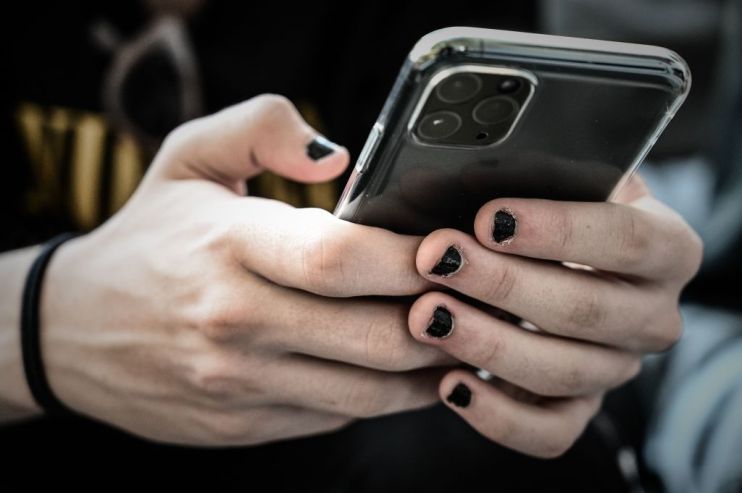Social media abuse to be made illegal under new online harms proposals

Sending abusive messages over social media, messaging services or email could be made illegal under new proposals tabled today.
The Law Commission has outlined a number of reforms designed to protect people from harmful behaviour online.
The reforms, set out in a consultation paper, would criminalise any communications likely to cause harm.
This includes personal abuse through emails, social media posts and Whatsapp messages as well as so-called pile-on harassment, where a number of different individuals send abusive messages to a victim.
In addition, the measures would make cyberflashing — the unsolicited sending of explicit images or videos — an offence under the Sexual Offences Act.
Online abuse is currently covered under the Communications Act and Malicious Communications Act.
However, critics have warned existing legislation does not adequately criminalise certain behaviour, such as pile-on harassment and cyberflashing.
The Law Commission also argued that the threshold of criminality is often set too low, meaning freedom of speech is not properly protected.
“As the internet and social media have become an everyday part of our lives, the amount of abuse has also risen. Unfortunately, the law has not kept up and isn’t giving victims the protection they need,” said criminal law commissioner Penney Lewis.
“Our proposals will tackle this harmful behaviour whilst also ensuring that we protect people’s freedom of speech.”
It comes amid growing calls for greater regulation of tech companies amid concerns they are not doing enough to protect users from online harm.
Media regulator Ofcom has been tipped as the UK’s first ever internet watchdog and will be tasked with ensuring companies fulfil their duty of care towards users.
Culture secretary Oliver Dowden welcomed the Law Commission’s review, adding that online communication should not be a “refuge for abusive, harmful or criminal behaviour”.
“We will soon introduce new legislation to put more responsibility on companies so they have the right systems in place to protect people online,” he said.